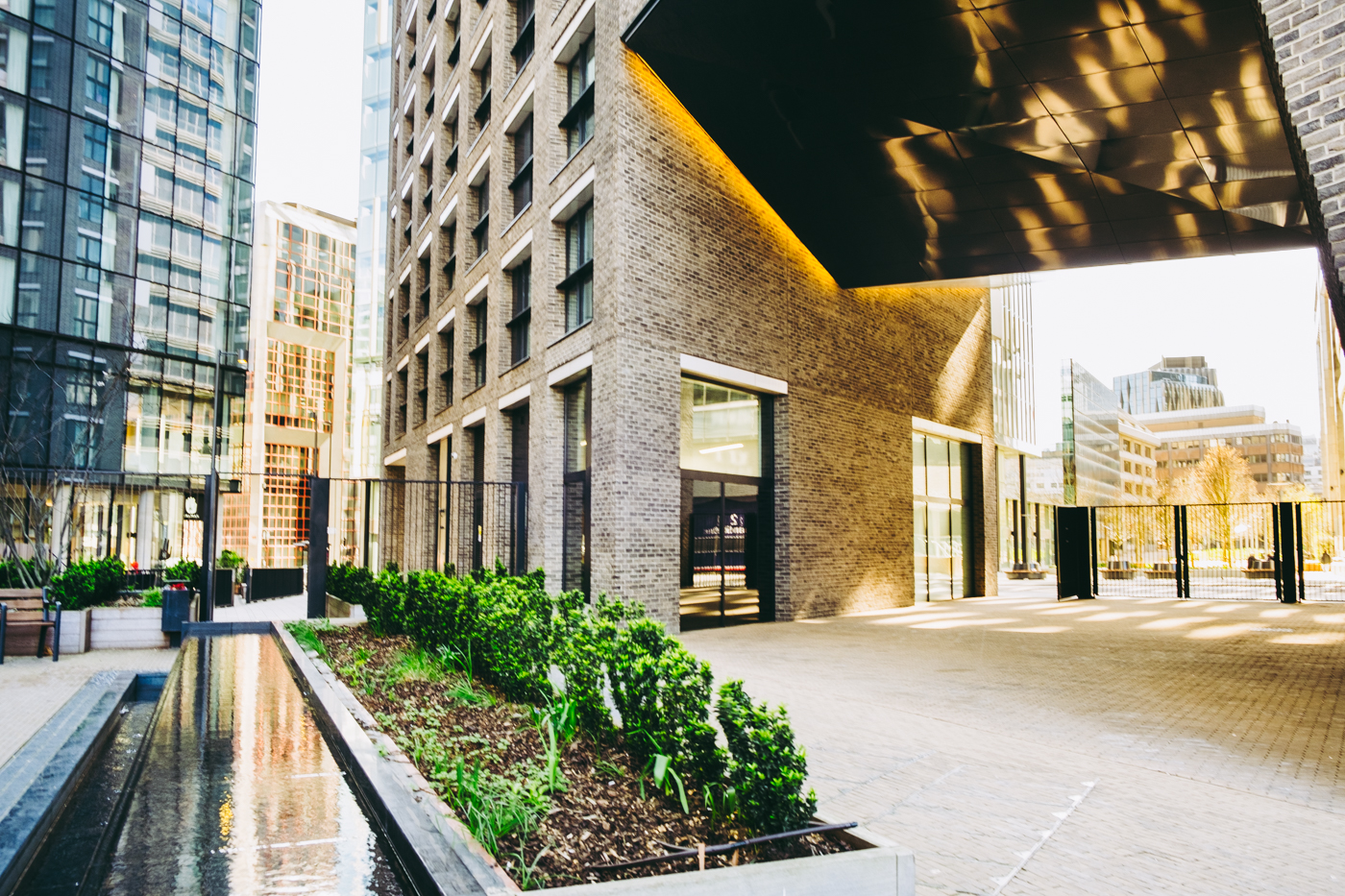Days
Hours
Minutes
Seconds
May 1 2026 - Renters' Right Act Commencement Day
You have 0 days to:
Serve any final Section 21 notices
Stop accepting above-asking rent offers
Prepare for the rental bidding ban
Remove “No DSS” from adverts
Remove “No Children” from listings
Show one clear rent price
Stop using fixed-term agreements
Switch to periodic tenancy templates
Check which tenancies go periodic
Stop taking rent before signing
Take no more than one month’s rent
Move all evictions to Section 8
Train staff on new notice rules
Create Section 13 process flow
Add two months to rent reviews
File court claims for Section 21s
Update landlord move-in grounds
Update landlord selling grounds
Send the RRA Information Sheet
Create written terms where missing
Update How to Rent processes
Review tenant screening questions
Update pet request processes
Stop backdating rent increases
Discuss rent protection backbooks
Act now before it is too late...
Why building strong virtual foundations is key to a sturdy lettings outlook
Virtual viewings, online contract signing, and digital identity verification became the norm for many letting and estate agents during lockdown and many of the changes could be here to stay.
The Goodlord team
Jun 24, 2020
Lockdown forced the entire lettings industry (along with the rest of the world) into digital transformation and the “momentum behind digital-experience adoption is unlikely to reverse,” suggests the Harvard Business Review, while McKinsey notes that “there could be lasting changes to consumer attitudes towards physical distance [making it] possible to imagine a world of business—from the factory floor to the individual consumer—in which human contact is minimised.”
This means that, even if your agency hadn’t digitised its lettings processes before the pandemic, you should make every effort to make sure you do so now so that your business is able to meet the needs of the new, contact-free economy.
This starts with virtual viewings, demand for which soared in the weeks after the lockdown began, with Zoopla recording a 215% increase in visitors who viewed new-build homes virtually and Matterport, which sells 3D cameras used for virtual viewing, reporting an increase in sales of more than 600%. Although the increase in virtual viewings arose out of necessity, it’s a trend that could continue long after social distancing measures have ended, with virtual viewings set to become a routine precursor to in-person ones.
“I do suspect virtual tours are here to stay now,” says Christopher Toynbee of Redmayne, Arnold & Harris. “We’ve found them incredibly useful during this period not only as it’s allowed us to let properties on the back of them, but we’re predicting they will act as a good filter going forward to enable us to more effectively manage our physical viewings. I suspect there will be fewer viewings as a result.”
Ryan Woolfenden of Leader Fox agrees. “I think agents get fed up when you're showing people around a property and they're not interested and I'm sure applicants don't like going to a property and thinking, ‘well if I knew that was there I wouldn't have come and seen it,” he says. “I've always tried to get as many viewers as possible, but I think lockdown's made me reevaluate and think, actually, I'd rather have better quality viewings, and if we reduce the numbers and then we can actually look after the clients better because we're not so run ragged with appointments all the time.”
Meanwhile, signing contracts and providing proof of identity virtually has become routine for many during the pandemic, with governments around the world recognising “the need for digital signatures, some of which include biometrics, during the pandemic to prove the identity of individuals and institutions’ representatives who may be in isolation for two weeks or longer," according to Biometric Update.
In the UK, this has seen the government temporarily altering its processes to allow right to rent checks to be carried out using scanned identity documents and video calling. Although the changes are temporary, they represent a major time-saver for letting agents, and show just how powerful technology can be for any industry that needs a contact-free solution.





